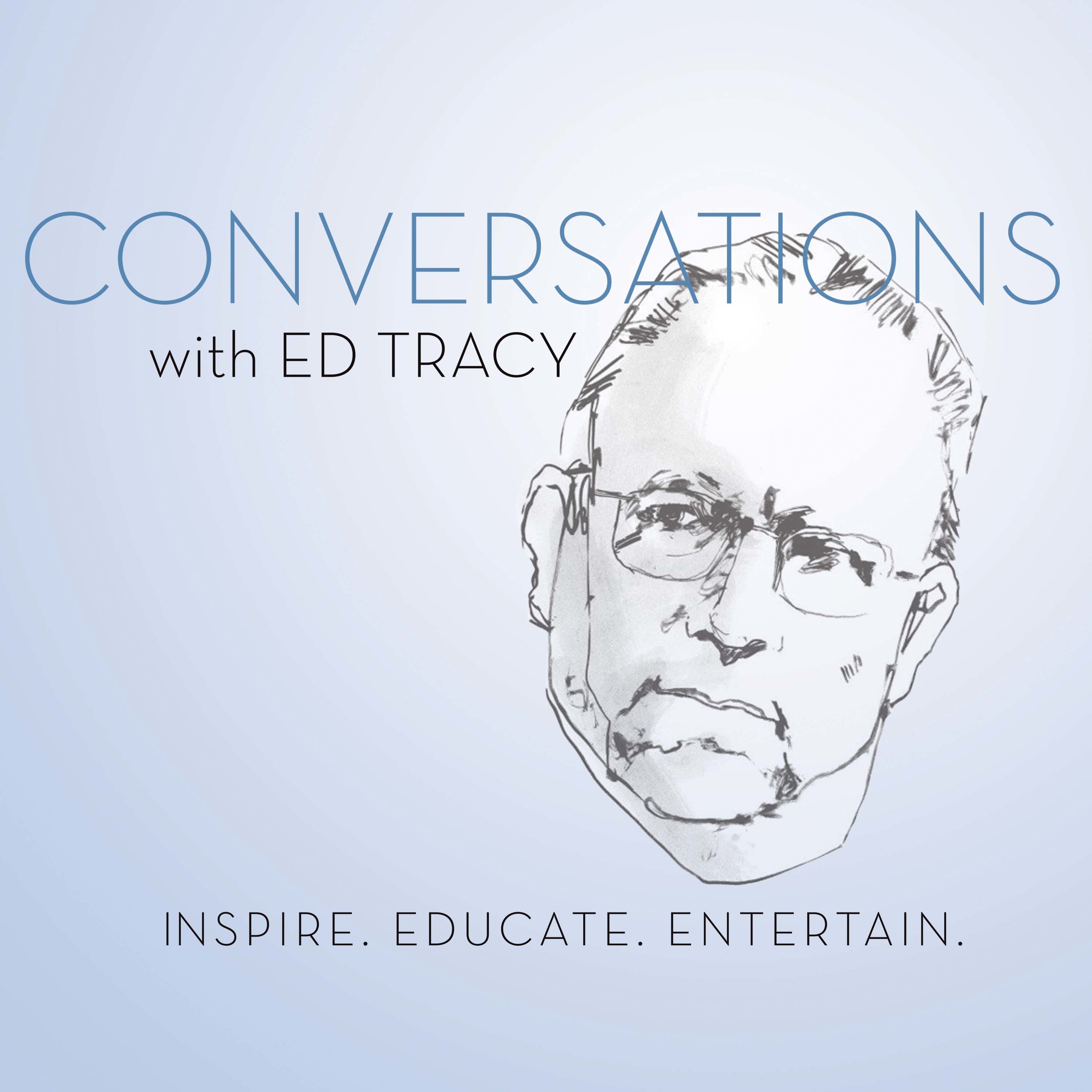PicksInSix Review: THE NICETIES Writers Theatre
DESPERATE TIMES CALL FOR DESPERATE MEASURES.
The ancient Greek physician Hippocrates first used the phrase “Desperate times call for desperate measures,” according to a quick internet search. The phrase bounced around in my head during “The Niceties,” the smart, briskly paced two-hander by Eleanor Burgess and skillfully directed by Marti Lyons that opened Wednesday at Writers Theatre in Glencoe. Delving ever deeper online, I found the origin story wavers, and that alternate translations, like, “Desperate diseases call for desperate treatments,” or, “Drastic times call for drastic measures,” emerge.
If you take the teaching of Ivy League professor Janine Bosko (Mary Beth Fisher) to heart, internet-based primary sources like the kind I used are fundamentally flawed and have no place in scholarly research. Bosko has a pedigree in expertise along with those whose unquestionable opinions and carefully constructed arguments have established the historical narrative. In turn, she expects her students in Comparative Revolutions to follow the factual evidence available in their work.
That word ’available” haunts Zoe Reed (Ayanna Bria Bakari), an African-American political science major who discusses the merits of her own paper—a thesis that posits the economic advantages to wealthy and poor whites in preserving slavery during the American Revolution—for Bosko’s class. Although Bosko sees potential in the young student’s work, she says it’s “unsophisticated.” So, she initially rejects Reed’s fundamental argument out-of-hand, and then encourages Reed to explore primary sources, turning it into a requirement that threatens Reed’s GPA.
For context, it is 2016, the last year of the Obama presidency. The generation gap between what Bosko terms “digital natives” and the more traditional scholars of her generation, who are responsible for the textbooks in the class—which Bosko edited—place the professor in an unyielding position of power over the student early on. So, Reed roars back that this period of history was written by white men, that Bosko’s book is filled with “bunches and bunches of white men--as if that’s all there was in this country,” and makes the point that no diary entry exists that describes the use of racism to bond with constitutional delegates even though, she says, it clearly occurred. When Bosko refers to a portrait of George Washington and what her own subservient place in the room would be in his time, Reed counters that she would have been a slave. The tense volley continues until Reed abruptly seizes the power and executes a desperate measure of her generation: the power of social media.
The impact of that decision plays out three weeks later when the two meet again to sort through the issues that have brought them both to a new and painful reality. Can there be a compromise to get both back on track? Will Reed’s decision, which is already having a ricochet effect on her safety and security, cast shade on her academic future? And, what are the responsibilities of scholars to better relate to their students, push for diversity and programs at their institutions, and strive to reach vast segments of the population that have been marginalized and suppressed?
Washington’s portrait is no longer on the wall when the two women get together a second time at scenic designer Courtney O’Neill’s exquisite coffered academic office, set in the round replete with volumes of books, the summation of a career in the study of transformative and societal change. And while every book may hold the key to unlock an opinion of how we got to this point, one smartphone proves to be the most influential—and powerfully persuasive—object of all.
PHOTOS|Michael Brosilow
WRITERS THEATRE
Presents
THE NICETIES
through December 8, 2019
325 Tudor Court
Glencoe
(847) 242-6000
WEBSITE
TICKETS
For more reviews, visit: Theatre In Chicago











